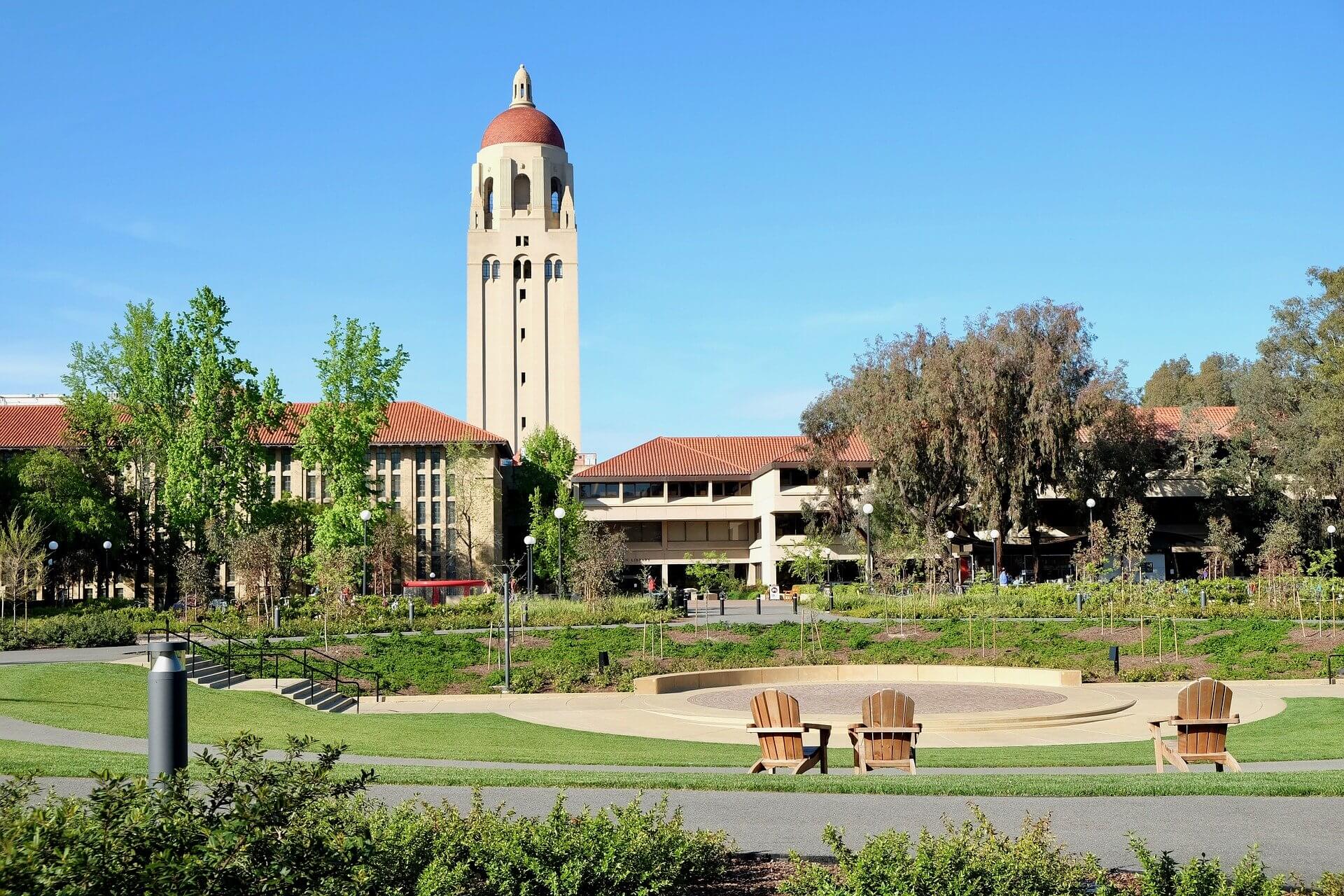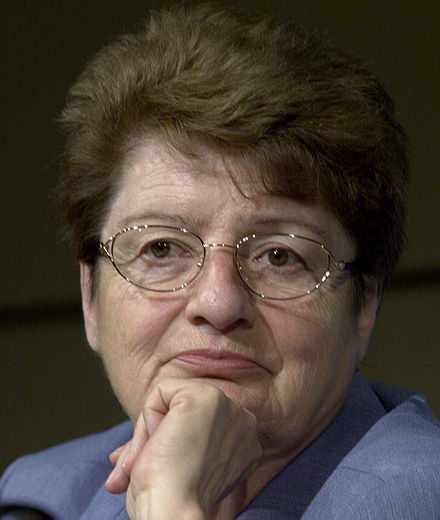
He is a great advocate of Gooru and connects Gooru with additional potential collaborators. As a trusted advisor he offers feedback on product innovation and research endeavors. The Primary Immune Deficiency Treatment Consortium (PIDTC) performed a retrospective analysis of 662 patients with severe combined immunodeficiency (SCID) who received a hematopoietic cell transplantation (HCT) as first-line treatment between 19 in 33 North American institutions. Keni Hakuta, Professor Emeritus at Stanford School of Education has research interests in Educational Policy, Literacy and Language, Psychology, Standards, and Teachers and Teaching. Over 800 patients with SCID are expected to be enrolled, making this one of the largest studies ever to describe outcomes for patients with SCID treated at many different hospitals around North America. Stanford Center for International Development SCID, Stanford Institute for Economic Policy Research. Her research focuses on the micro-economics of development, and specifically on issues related to education, health, credit, population, inequality, and the effectiveness of government programs. Stanford University Stanford, CA 94305-6010 (650) 736-0942. Parents of children with SCID should talk with a genetic counselor about genetic testing and family planning. My research has been supported by the National Science Foundation, SEED, SCID, Stanford VPGE and a. The best treatment for this disease is a bone marrow transplant. The disease causes a child to have very weak immune system. It is a very rare, life-threatening disease.
#Scid stanford skin
This RA will be working under the supervision of Saumitra Jha on research studying peaceful protests as a means for political change, drawing on Indias independence movement. SCID is a disease that passed on from parents to children (inherited). April 2023 - Gifford Lab undergraduate researcher Ximena Sanchez featured in the Stanford Report story on what it means and what it takes to lead. Full-thickness, tumor-free RDEB skin tissues were grafted onto the dorsum of severe combined immunodeficiency (SCID) mice.

Kochar was an Assistant Professor in the Department of Economics, Stanford University. The Stanford Center for International Development is pleased to announce openings for the Summer Undergraduate Field Research Assistant Program. Kochar is the Director of the India Program at the Stanford Center for International Development(SCID).
#Scid stanford how to
It collaborated with us on how to allow teachers to access, adapt, and extend the lessons, creating a community of teachers using and extending the materials in the year 2018.Ĭurrently, Prof Kenji Hakuta from the Stanford School of Education and Dr Anjini Kochar, Director of the India Program at the Stanford Center for International Development (SCID) are part of NLC and help expand NLC and guides us with their expertise through research projects. Stanford University collaborated with Gooru to enhance Navigator Library.

MHRA 'SCID', All Acronyms,, Bluebook All Acronyms, SCID (May. with clinical outcomes as a conditioning agent in SCID, acute myeloid leukemia. SCID, All Acronyms, viewed May 16, 2023, MLA All Acronyms. Learn more about how to get involved as a PhD student. She is now a professor of pediatrics and medicine at Stanford University. The King Center supports Stanford doctoral student research, particularly field-based work in middle- and low-income countries, by offering research funding and fellowships, as well as community events. Retrieved May 16, 2023, from Chicago All Acronyms. Then, from 2002 to 2004, five of the 20 children in a SCID gene therapy trial. Facebook Twitter Linkedin Quote Copy APA All Acronyms.


 0 kommentar(er)
0 kommentar(er)
